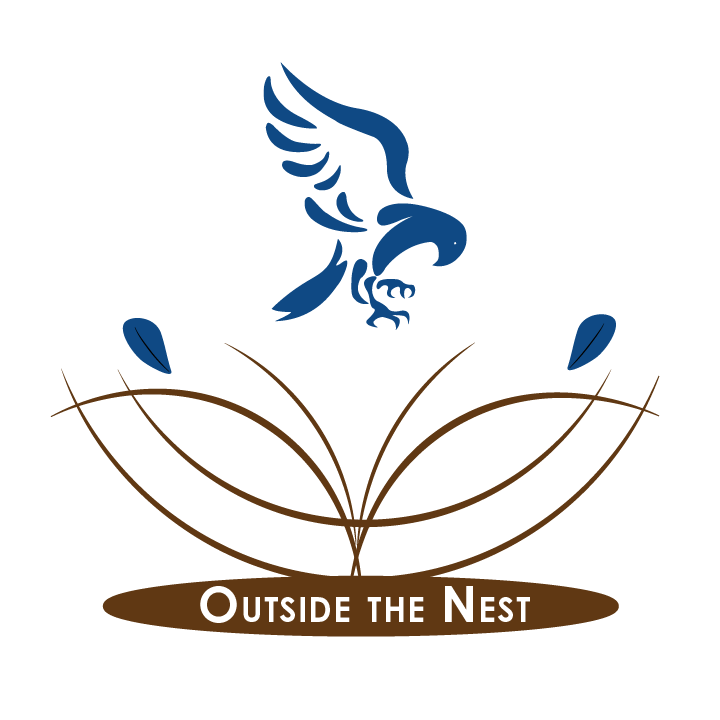In many parts of the world, vegetarianism is largely cultural or economical. While in the United States, it is one of the biggest health trends of the decade.
 Six to eight million adults no longer eat meat, fish or poultry, according to a study done by the Vegetarian Resource Group. Whether it’s a dietary choice to meet weight-loss goals, out of concern for animal rights or some combination of both, a meatless diet is no longer uncommon. Young adults across the country are choosing to exchange the meat in their diet for tofu or soy, and some parents are even making the decision to raise their children as vegetarians.
Six to eight million adults no longer eat meat, fish or poultry, according to a study done by the Vegetarian Resource Group. Whether it’s a dietary choice to meet weight-loss goals, out of concern for animal rights or some combination of both, a meatless diet is no longer uncommon. Young adults across the country are choosing to exchange the meat in their diet for tofu or soy, and some parents are even making the decision to raise their children as vegetarians.
Semi-vegetarian diets that allow certain types of meat are also popular, such as pescatarianism and pollotarianism. A stricter type of vegetarianism, veganism, is also sweeping the country — eliminating any product that comes from animals, such as eggs, dairy and even honey.
However, eliminating meat also comes with health concerns. Meat is rich in many vitamins and minerals, such as iron, protein, calcium and vitamin D. Those who participate in vegetarian and vegan lifestyles must be careful not to eliminate those nutrients from their diet.
Protein
Protein has an important role that affects every cell in the body. Hair and nails are made out of protein and it helps with recovering muscle tissue — especially important to those with active lifestyle.
Good sources of protein include eggs, dairy products, nuts, peanut butter, tofu, beans, seeds, soy milk, grains, cereals and vegetables.
 Iron
Iron
Iron is an essential mineral. It helps red-blood cells carry oxygen from your lungs throughout the body. Feeling fatigue and tired are the first signs of low blood iron levels because the body is not getting enough oxygen.
Legumes, such as lentils, chickpeas and baked beans are good sources of iron, but vegetarians should also try to include soybeans, tofu, dried fruit, and pumpkin seeds in their diet. The iron-absorption process can also be helped along by foods that are rich in vitamin C.
Calcium and Vitamin D
If you are a vegetarian who consumes dairy products, milk and yogurt are excellent sources of calcium. However, tofu, fortified soy milk and leafy green vegetables are also ways to get calcium into your diet. Don’t forget that vitamin D helps with calcium absorption, so get plenty of sunlight and consider taking a multivitamin.
In addition, vegetarians need to be sure they are consuming enough calories to keep their bodies healthy and strong. Because vegetarian diets tend to be rich in fiber, they tend to be more filling than most, and some vegetarians will struggle to eat as much as their bodies need. So, regardless of whether or not you are trying to lose weight, be sure that you are eating enough and getting your omega-3s. Plant sources of omega-3 fatty acids include chia seeds, flax seeds and walnuts.
If you are considering becoming a vegetarian, consult your doctor, so he or she can properly monitor your health and diet.





























